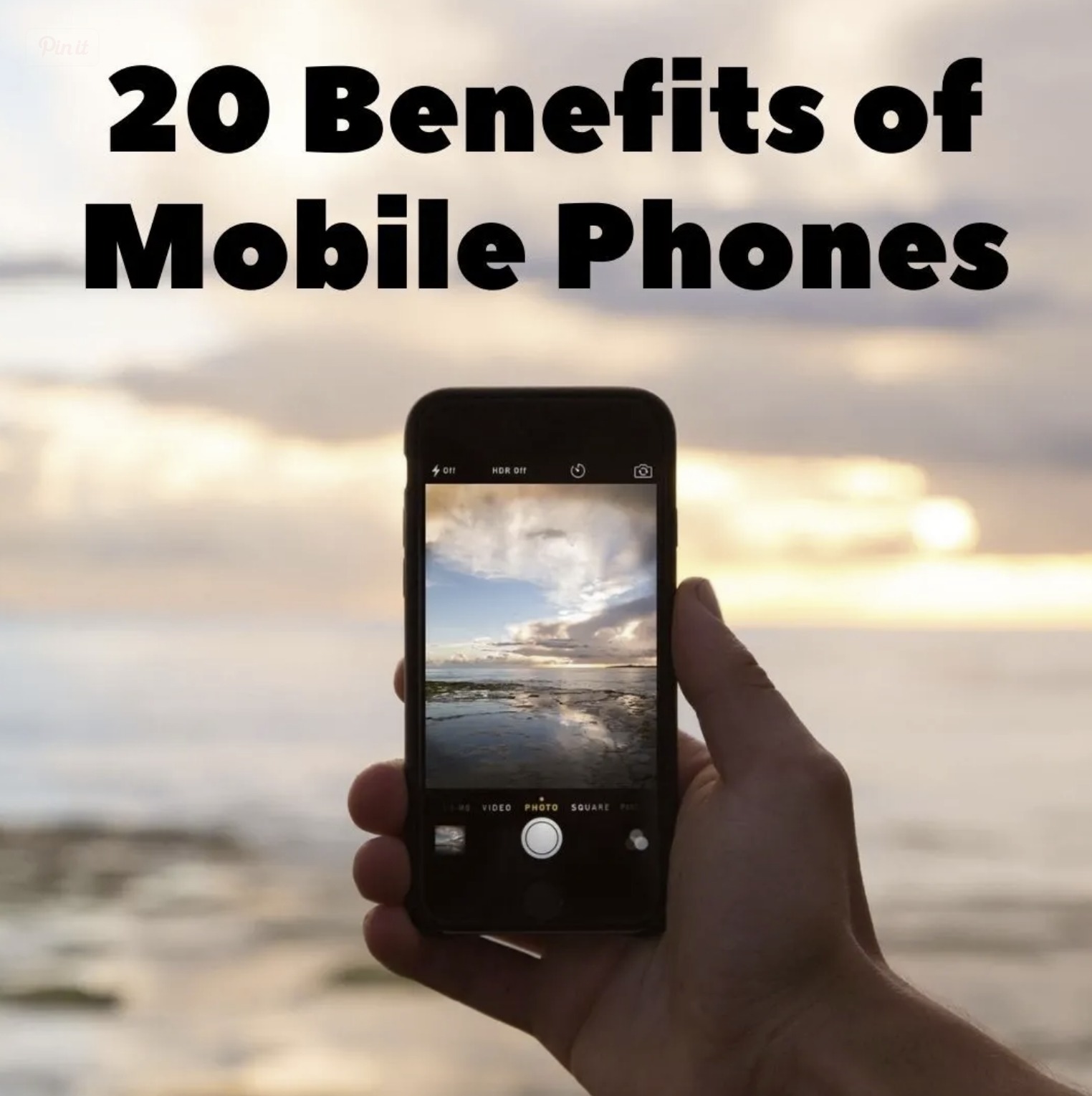According to a headline from England’s Daily Mail, “American adults now spend more time watching Netflix and other digital platforms than viewing traditional TV for the first time ever.”

The information for this story and a dozen others like it come from a press release put out on the morning of February 15th by Insider Intelligence, an arm of the New York based Business Insider.
The news was startling. Since 1948, when TV stations first started broadcasting in seven states of the USA, TV has absorbed up to nine hours of our day. Americans have spent up to $500,000 for huge flat panel TV screens that have traditionally been centerpieces in the modern living room.
But your TV screen is no longer the center of your life. It’s been replaced by a device that you can carry in your pocket and take with you anywhere—your smart phone. And your viewing has migrated from a fixed location in your living room to anywhere you go, including your car.
Biological evolution would have taken millions of years to invent a flesh and blood appendage that allows you to communicate with friends in Shreveport or Shanghai, to listen to 60 piece orchestras, and to watch multi-million dollar movies. Not to mention getting instant answers to your questions from Google, Alexa, or Siri.

But modern technology has evolved precisely that kind of gadget. And it is grabbing a massive amount of our attention.
The Insider Intelligence press release predicts that in 2023, we will watch over six hours a day on our screens. But the kicker is that we will spend three hours and eleven minutes a day on our smart phones and tablets, but only two hours and 55 minutes a day on our traditional TVs.
Meanwhile there are two hidden surprises in the Insider Intelligence data.
TikTok can be used by the Chinese military to tap into information on every American TikTok user. Chinese law dictates that the resources of China’s private companies must double as military assets whenever the People’s Liberation Army asks for them. TikTok was created and is owned by a Chinese company. And the first buried story beneath the surface is the way TikTok is outcompeting its American social media rivals—especially Facebook and Twitter.
In 2023, Insider Intelligence predicts that American adults will spend 19.2 minutes a day on Facebook and only 18.4 minutes a day on TikTok. But TikTok is growing and Facebook is shrinking. So Insider Intelligence predicts that in 2024, TikTok will take the number one slot away from Facebook.

Then there’s the second hidden story, the war between Netflix and YouTube. YouTube is at number one with 33.1 minutes a day of American adults’ attention. Netflix is at number two, with 32.9 minutes.
But there is a much bigger story here. It’s that the pocket-sized flip phones introduced by Motorola in 1989 and the smart phones that Steve Jobs introduced in 2007 have changed our lives as much as an extra arm or an extra head.
People like you and me no longer have to be prisoners in our living room to watch the news, to see a football game, or to catch a movie. And we no longer have to go to the library to consult a 32-volume Encyclopedia Britannica for answers to our questions.
Even earthquake victims in Turkey were able to Tweet their locations in the hope of attracting rescuers. Why?
We now carry the Internet and our screens with us everywhere. We humans now have superpowers.
References:
https://www.insiderintelligence.com/content/digital-video-surpass-tv-us-viewing-time
https://versus.com/en/news/cell-phone-history
https://www.context.news/big-tech/turkey-earthquake-four-ways-tech-is-being-used-to-help-victims
https://americanhistory.si.edu/collections/search/object/nmah_1191361
______
Howard Bloom has been called the Einstein, Newton, and Freud of the 21st century by Britain’s Channel 4 TV. One of his seven books–Global Brain—was the subject of a symposium thrown by the Office of the Secretary of Defense including representatives from the State Department, the Energy Department, DARPA, IBM, and MIT. His work has been published in The Washington Post, The Wall Street Journal, Wired, Psychology Today, and the Scientific American. He does news commentary at 1:06 am Eastern Time every Wednesday night on 545 radio stations on Coast to Coast AM. For more, see http://howardbloom.institute.
